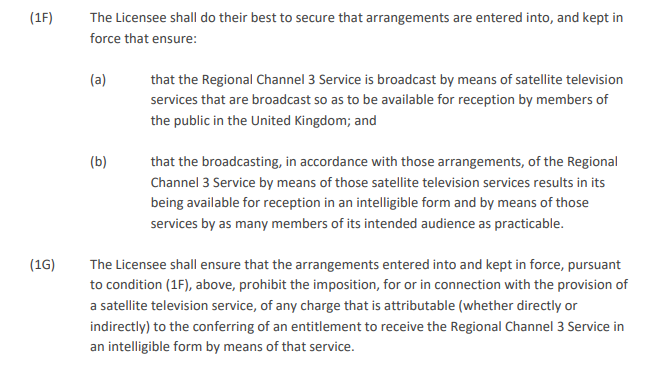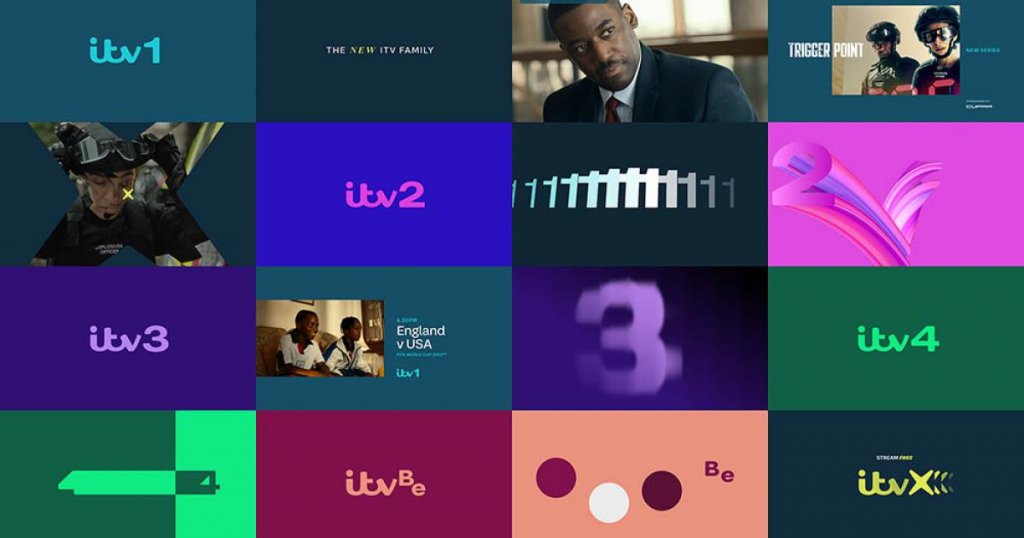ANALYSIS | If Comcast and ITV strike a deal, the UK’s biggest pay TV provider and free-to-air commercial broadcaster will be combined. But could viewers be forced to pay to continue watching ITV?
According to The Times, sources close to the proposed ITV-Comcast deal have made it clear: a shift to pay-TV is not part of the plan.
But there would be nothing to stop it becoming the plan once the deal is concluded, except for certain areas:
ITV’s flagship channel, ITV1, is legally protected from becoming a subscription service.
Although ITV1 no longer operates as a network of regional channels, it remains licensed by Ofcom on a regional basis under what’s known as a “Channel 3 licence” — a reference to its position on terrestrial television. These licences were renewed in 2024 for another ten years, and they come with strict conditions. Each licence requires the service to be “available for reception, by means of appropriate networks, by as many members of its intended audience as possible.”
This means ITV1 must be broadcast from every digital terrestrial television (Freeview) transmitter listed in the licence annexes, guaranteeing its free-to-air availability until the end of 2034.
Further protections are enshrined in Section 272 of the Communications Act 2003, which prohibits any charge — direct or indirect — for receiving the Channel 3 service in an intelligible form. ITV1 must also remain freely available via satellite, provided terms are agreed with satellite platforms. The signal must be unscrambled and accessible to all viewers.

These obligations apply as long as the regional Channel 3 services — including STV in central and northern Scotland — are designated as “must-provide services” under Section 274 of the Act.
What About ITV’s Other Channels?
Here, the picture becomes less clear.
Unlike ITV1, the broadcaster’s other channels — such as ITV2, ITV3, ITV4, and streaming service ITVX — are not protected by law. Their free-to-air status is a commercial decision, and one that could change under Comcast’s ownership.
ITV already charges for premium content on ITVX. Under Comcast, the platform could theoretically shift further behind a paywall. Ofcom would likely intervene to ensure that public service broadcasting (PSB) content — such as regional news — remains freely accessible. Thanks to the 2024 Media Act, broadcasters can now spread their PSB quotas across both linear channels and streaming platforms. For ITV, that includes regional news and a monthly late-night political programme.
In short, ITV1 must remain free-to-air. But any future owner would be under no legal obligation to keep ITV’s other services outside a paywall — though some content will still need to remain free-to-stream.
By: Marc Thornham | Image: ITV

